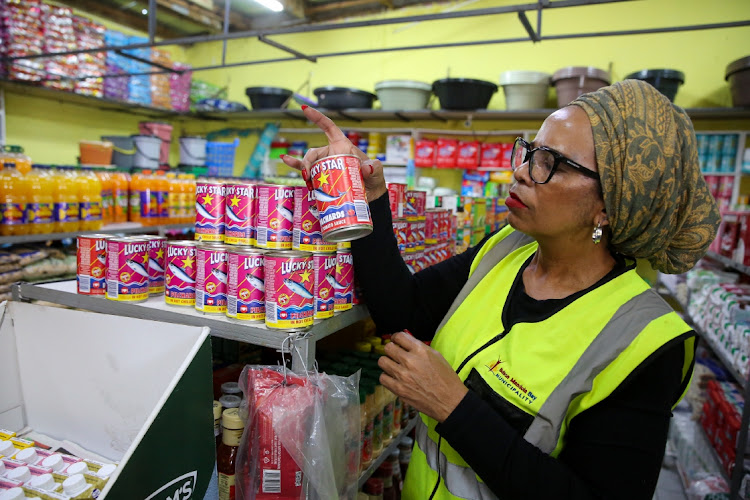Gauteng Premier Panyaza Lesufi has delivered a pointed message to South Africans assisting unregistered foreign nationals in operating spaza shops, vowing harsh consequences for those he accuses of “selling out the country.”
Speaking during a media briefing on Wednesday, Lesufi outlined his government’s initiatives, including improving healthcare services, food and safety emergency responses, progress on the Gauteng-Limpopo High-Speed Rail Link Project, and funding for Non-Profit Organisations. However, his remarks on spaza shop registration sparked widespread attention.

Lesufi warned South Africans against exploiting loopholes to register businesses on behalf of foreign nationals without proper documentation.
“I dare those South Africans who think they can abuse our kindness and sell out our country by assisting individuals who are not legally permitted to operate businesses here. They will regret the day they agreed to such arrangements,” he said.
Emphasising the importance of economic opportunities for local citizens, Lesufi framed the crackdown on irregular spaza shop registrations as part of a broader effort to safeguard economic freedom for South Africans. Lesufi assured that the systems used to process business registrations are designed to identify and prevent fraudulent activity.
“We know the database, we know what to look for. You can’t claim to have been operating a business for the past three years if there’s no record with the South African Revenue Service,” he explained. He added that his administration would use additional tools to verify compliance.
The Premier also reiterated his government’s commitment to penalizing those who enable foreigners to bypass legal business registration procedures. The crackdown on spaza shop registrations follows recent reports of 22 children dying after consuming food bought from local shops. The tragedy has fueled calls for stricter regulation and monitoring of informal businesses, particularly those dealing with food.
Last week, President Cyril Ramaphosa urged spaza shop owners to register their businesses within 21 days, as part of a province-wide initiative to formalize operations and ensure compliance with safety standards.
Lesufi reiterated that South Africans must protect their hard-fought freedoms and prioritize local economic empowerment. “Those who betray South Africans by abusing their freedom to allocate responsibilities to foreign sponsors will face severe consequences,” he said.
The registration process for spaza shops has already begun across Gauteng. Authorities are intensifying efforts to regulate the informal sector, ensure accountability, and restore consumer trust following the food safety crisis.
Lesufi’s comments reflect growing concerns over the unregulated informal economy and highlight the government’s resolve to crack down on irregularities while promoting local economic participation.
